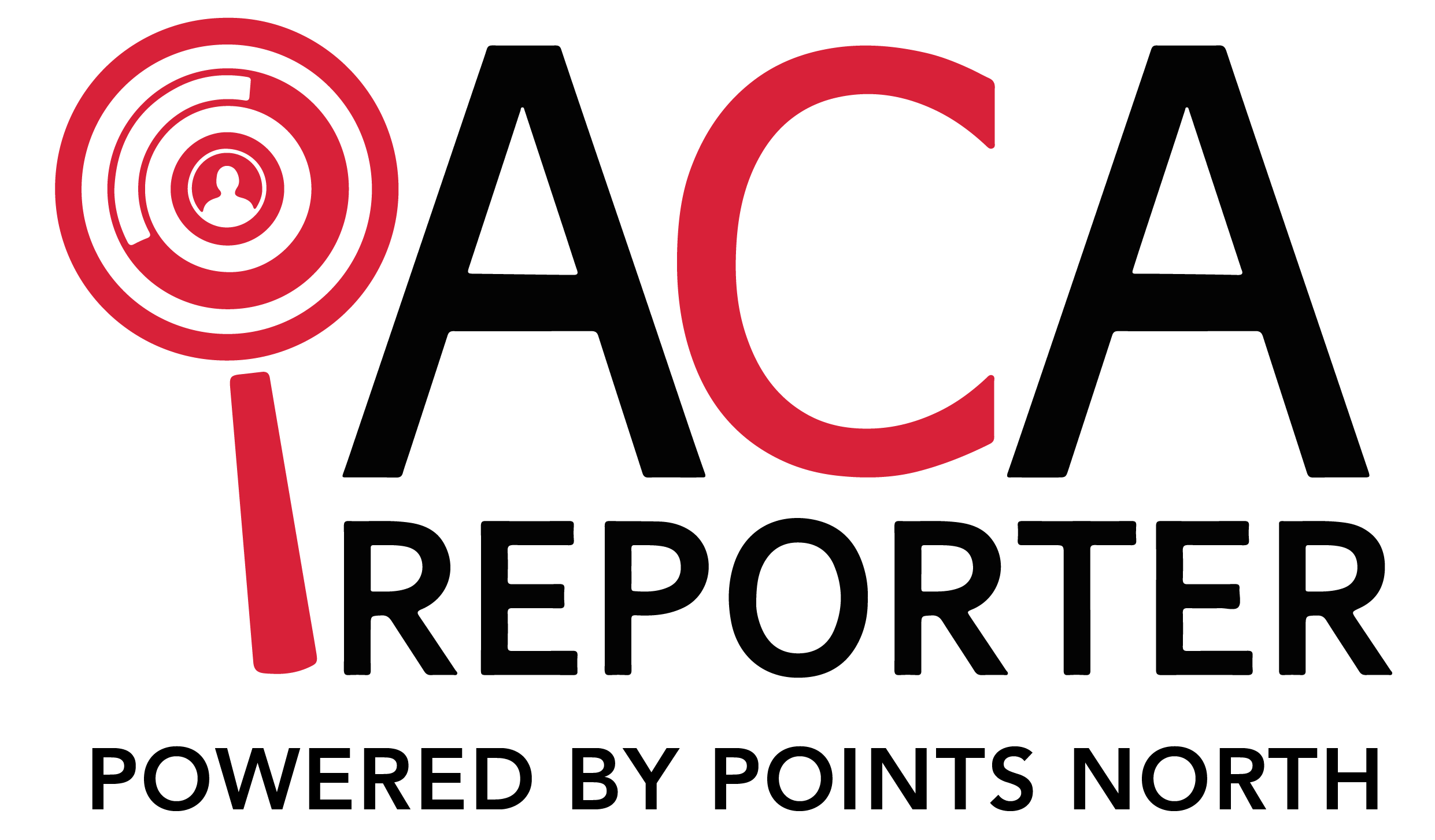The IRS requires Applicable Large Employers to report their employee’s health coverage information on Form 1095-C. While reporting this information, employers must be clear about the Codes to be entered on ACA Form 1095-C. Previously, we've reviewed the INS and outs of ACA form 1095-C. For the tax year 2020, IRS has anticipated new codes. These codes will pertain to the individual coverage health reimbursement arrangement (HRA).
The new codes are related to individual coverage HRAs. This rule allows businesses to make use of individual coverage HRAs to reimburse workers for the cost of health insurance coverage. The Form 1095-C draft includes codes from 1L to 1S for employers used to determine their ICHRA plan’s affordability. This final rule came into effect on August 19, 2019 and became applicable on July 13, 2020. These are the new codes that entered on line 14 of Form 1095-C:
1L. Individual coverage health reimbursement arrangement is offered to the employee only. The employee’s primary residence ZIP Code was used to define affordability.
1M. Individual coverage HRA is offered to an employee and their dependents (not spouse). The employee’s primary residence ZIP Code was used to determine the affordability.
1N. Employee’s primary residence location ZIP Code used to determine affordability for Individual coverage HRA offered to an employee. The coverage is also offered to their spouse and any dependents.
1O. Individual coverage HRA offered to an employee only using the employee’s worksite ZIP Code affordability safe harbor.
1P. Individual coverage HRA for employees using the employee’s worksite ZIP Code affordability safe harbor. This coverage is offered for employee’s dependents but not to the spouse.
1Q. Individual coverage HRA offered to the employee using the employee’s worksite ZIP Code affordability safe harbor. The coverage is also offered to their spouse and dependents.
1R. Individual coverage HRA is offered to an employee, their spouse, or dependents and is not affordable.
1S. Individual coverage HRA offered to a partial employee.
Employers need to understand the traditional, recurring 1095-C codes properly. Failing to fill the 1095-C forms with the respective codes accurately can put the organization at risk of receiving a penalty. The tax agency issues the penalty for the previous tax year under the IRS assessment.
Takeaway
The IRS requires ALE’s to report employees' information on Form 1095-C. Some new clauses are added to Form 1095-C for the tax year 2020. These clauses include coverage for employees only, employees and their dependents, or employees, dependents, and spouse. The affordability was determined using their residential or employment site ZIP codes. Contact us to learn the 1095-C Forms filing and furnishing requirements and how we can handle them.
Build and manage a better workforce with integrated HR solutions from ADP Marketplace partners like Points North.




.png)
